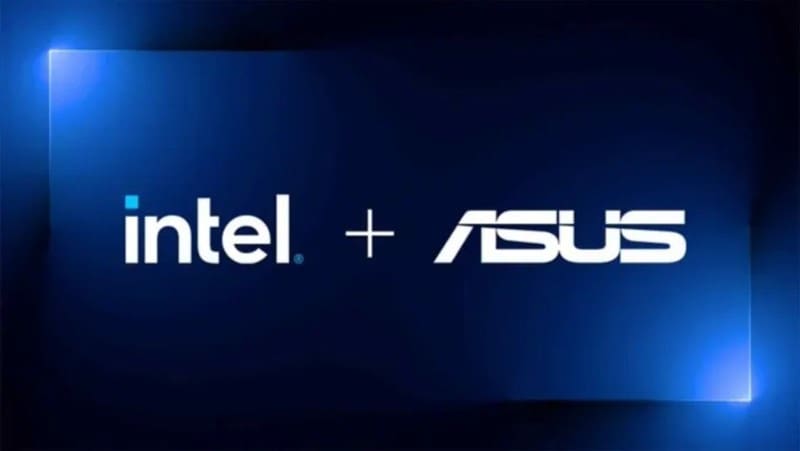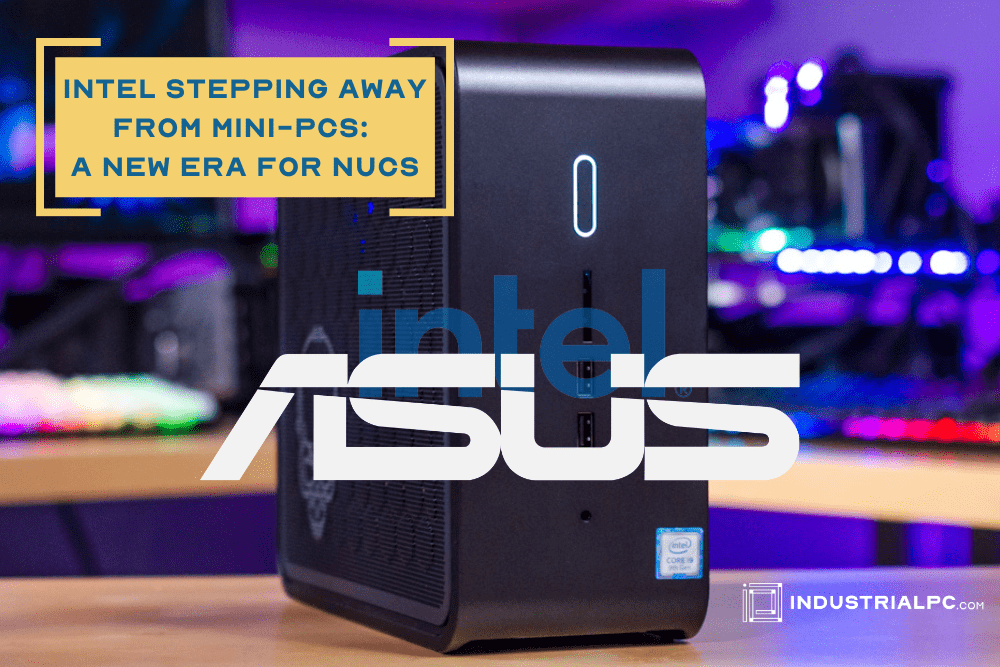Intel, a behemoth in the world of technology, has recently made headlines for a significant strategic decision.
Intel, a behemoth in the world of technology, has recently made headlines for a significant strategic decision.
The company announced that it would be discontinuing its Next Unit of Computing (NUC) line, a range of mini-PCs that have been a staple of Intel’s product range for close to a decade.
A Bold Move by Intel
Intel’s decision to stop producing its NUCs heralds a significant change not only for the company but also for the computing industry as a whole. The NUC line, known for its compact, powerful, and customizable PCs, has been a favorite among IT departments and tech enthusiasts. The NUCs were a testament to Intel’s innovative capabilities, demonstrating that powerful computing need not be tied to large, bulky machines.
However, Intel’s move is strategic, allowing the company to focus on its core competencies and invest more heavily in its own manufacturing operations and foundry business. The discontinuation of the NUC line does not imply the end of Intel’s involvement in the PC business altogether. The company confirmed that this decision would not affect its Client Computing Group (CCG) or Network and Edge Computing (NEX) businesses.
The Aftermath: ASUS Steps In
In an exciting development following Intel’s announcement, ASUS, a leading tech company, has stepped forward to continue the NUC legacy. ASUS will receive a non-exclusive license to Intel’s NUC product designs, allowing it to manufacture and sell 10th to 13th Gen NUC systems and develop future designs based on Intel’s upcoming chips.
ASUS will also establish a new business unit, dubbed the “ASUS NUC BU”, dedicated to supporting NUC systems and ensuring product and support continuity for Intel NUC systems customers. This move has been welcomed by many in the PC building and gaming communities, ensuring that the NUC line will continue to thrive.
NUCs: A Legacy of Compact Powerful Computing
The NUC line was Intel’s answer to the need for smaller, quieter, and yet powerful computers. They could be preconfigured for various office use cases or come as bare-bones kits for users to build themselves.
Intel’s NUCs also ventured into the realm of gaming, with the release of “Extreme” NUCs that could be transformed into gaming rigs. With models like the “Beast Canyon” NUC 11, these machines could even accommodate full-size graphics cards. This advancement pushed the compact computer into more flexible workstation territories, supporting powerful graphics cards like Nvidia’s RTX 40-series.
The Challenges Faced by NUCs
Despite their innovative design and capabilities, Intel’s NUC computers faced challenges in the market. One of the significant hurdles was their availability. Often, these machines were hard to find, with many resellers operating on a business-to-business model. Additionally, the starting price for a nearly bare-bones unit was often upwards of $1,000, making it less accessible to a broader consumer base.
However, the biggest blow to the NUC line’s future came when Intel decided to discontinue the product line. This decision meant that the touted upgradability of the NUCs, primarily through the swappable “Element” board, could no longer be a selling point.

The Impact on the Industrial Computing Industry
Intel’s decision to halt the production of NUCs and the subsequent takeover by ASUS has far-reaching implications for the industrial computing industry. Intel’s NUCs were not just compact PCs; they were a testament to the possibilities of small form factor computing.
With ASUS now at the helm, it remains to be seen how the company will harness the potential of the NUC line and how it will shape the future of small form factor computing. As the license for NUC is non-exclusive, there is also the possibility of other PC manufacturers stepping in and adding their unique touch to the NUC line.
While Intel’s decision to stop producing NUCs marks the end of an era, it also opens up new possibilities for the future of compact computing. The partnership with ASUS ensures that the NUC line will continue to evolve and innovate, offering exciting prospects for the industrial computing industry.
Overall, though Intel’s NUC may be stepping down from the throne, its legacy will undoubtedly continue to shape the small form factor computing landscape for years to come.















